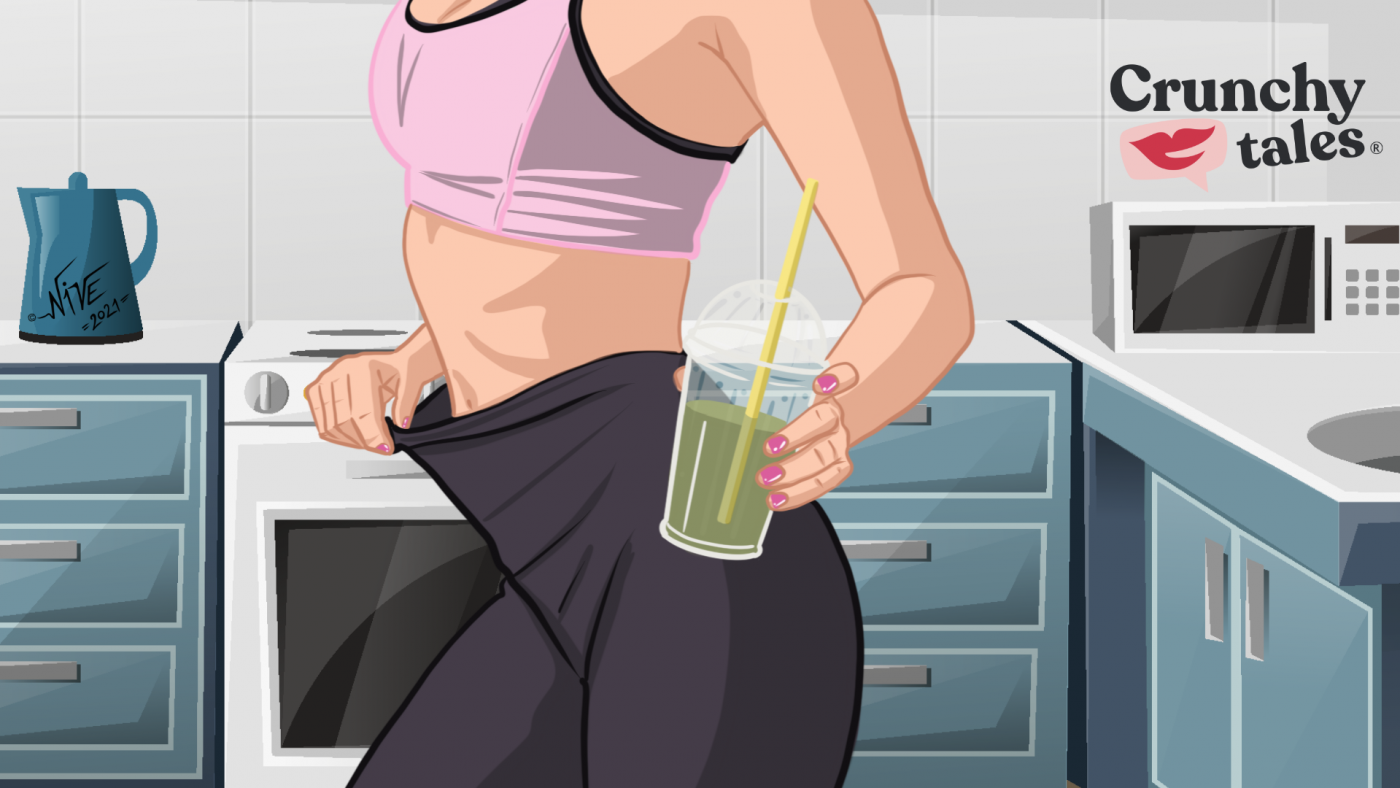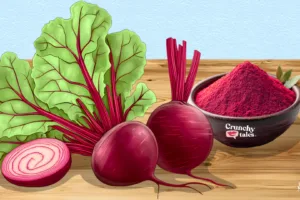5 Natural Fat Burners For Midlife Women
Putting on weight is probably one of the major issues amongst midlife women. Some of us blame it on the menopause but most of the time it’s because of an unhealthy diet and lifestyle (if not underlying medical problems).
While losing weight in your 40s, 50s and beyond may be somewhat challenging due to hormones and muscle mass loss, it’s certainly not impossible – or even as hard as you might think. To maximize your effort, you should try to choose lower-calorie proteins, such as lean chicken, fish, and plant-based proteins, avoid consuming excessive amounts of red meat, fried foods, or foods with added oil, fat, or butter and exercise regularly.
But what if you would like to speed up the whole process and achieve your goals faster? Natural fat burners come to the rescue. They accelerate thermogenesis, burn calories in the form of excess fat, and boost what is called lipolysis, or the process by which fats are converted into other usable chemicals and become metabolized rather than stored.
One of the great advantages of natural fat burners is they do not have side effects like diet pills or other chemical supplements. These are foods and natural substances you can include in your diet just like anything else you regularly consume.
Here are some of the best natural fat burners derived from completely natural and often common sources.
-
Coffee
One to two cups of coffee daily can improve physical performance, focus or motivation and boost your metabolism. Drinking it about an hour before a workout can provide a safe, effective fat-burning buzz.
A research conducted to investigate the effects of coffee have noted a 16% rise in metabolism over a period of one to two hours after the caffeine intake. Other studies have noted at least a 3 to 4% rise in resting metabolic rates of study subjects after administering 100mg doses of caffeine.
When consuming coffee and trying to burn fat, it is best to avoid high-calorie sweeteners, milk, and creams.
-
Green Tea
Rich in polyphenols, green tea also contains caffeine, a substance that can stimulate a person’s metabolism. According to Dr Josh Axe, author of the book ‘Ancient Remedies: Secrets to Healing with Herbs, Essential Oils, CBD, and the Most Powerful Natural Medicine in History‘: “One of the best ways to get the benefits of green tea is to consume matcha green tea, a concentrated powdered green tea from Japan that seems to have some noteworthy fat-burning benefits. What’s in matcha that makes it so beneficial for everything from cognitive function to enhancing fat-burning? It’s the catechins, a type of antioxidant found in high levels in green tea that may reduce body weight, speed up recovery following workouts and decrease free radical damage“.
If you want benefits from green tea extract then try taking 250-500mg per day. Also, you can drink 3-5 cups of green tea per day to burn your fat.
Rooibos tea and yerba mate are other options, as they contain flavonoids and phytochemicals that may have similar beneficial, anti-ageing effects associated with metabolic functions.
-
Proteins
A diet rich in protein can increase satiety, the feeling of being satisfied after a meal and it also helps you feel full for longer. This helps in suppressing appetite and reduces food cravings. Protein also aids in fat burning by boosting your metabolism while preserving or even building muscle mass.
Replacing carb intake with proteins in fat-reduced diets have been found to lead to faster weight loss. While it is possible to get enough protein in your diet to achieve the effects of a natural fat burner, protein powder is more effective to burn fat. There are numerous types of protein powders available now and some are derived entirely from plant-based proteins.
-
Probiotics
Consuming food that contains probiotics will help support the digestive system. Probiotics are “good bacteria” found in fermented foods or drinks, and also supplements. These bacteria reside in your gastrointestinal tract (also called the microbiome) and have many functions throughout your body. Research suggests that probiotics have numerous benefits for immune, digestive, hormonal and central nervous system functions.
Through the proliferation of beneficial bifidobacteria in the gut, certain studies have found that consuming more probiotics may be helpful for those trying to lose weight — since eating foods containing them is associated with enhanced weight loss and protection against obesity.
To consume more probiotics in your diet, try eating yoghurt, and fermented foods such as kimchi, sauerkraut, and tempeh. Probiotics are also available as dietary supplements.
-
Fibre
Dietary fibre — found mainly in fruits, vegetables, whole grains and legumes — is probably best known for its ability to prevent or relieve constipation. But foods containing fibre can provide other health benefits as well, such as helping to maintain a healthy weight and lowering your risk of diabetes, heart disease and some types of cancer.
Because fibre is not able to be digested once consumed, it absorbs much of its own weight in water, foods rich in fibre help slow your body’s digestion of glucose (sugar), keep you feeling full and beat cravings.
Need ideas for adding more fibre to your meals and snacks? Try these suggestions: chia seeds, flaxseeds or fresh veg and berries. Last but not least, switch to whole grains. Experiment with brown rice, wild rice, barley, whole-wheat pasta and bulgur wheat or look for bread that lists whole wheat or whole-wheat flour as the first ingredient on the label and have at least 2 grams of dietary fibre a serving. Your body will thank you.
Like this post? Support Us or Sign up to our newsletter to get more articles like this delivered straight to your inbox!





